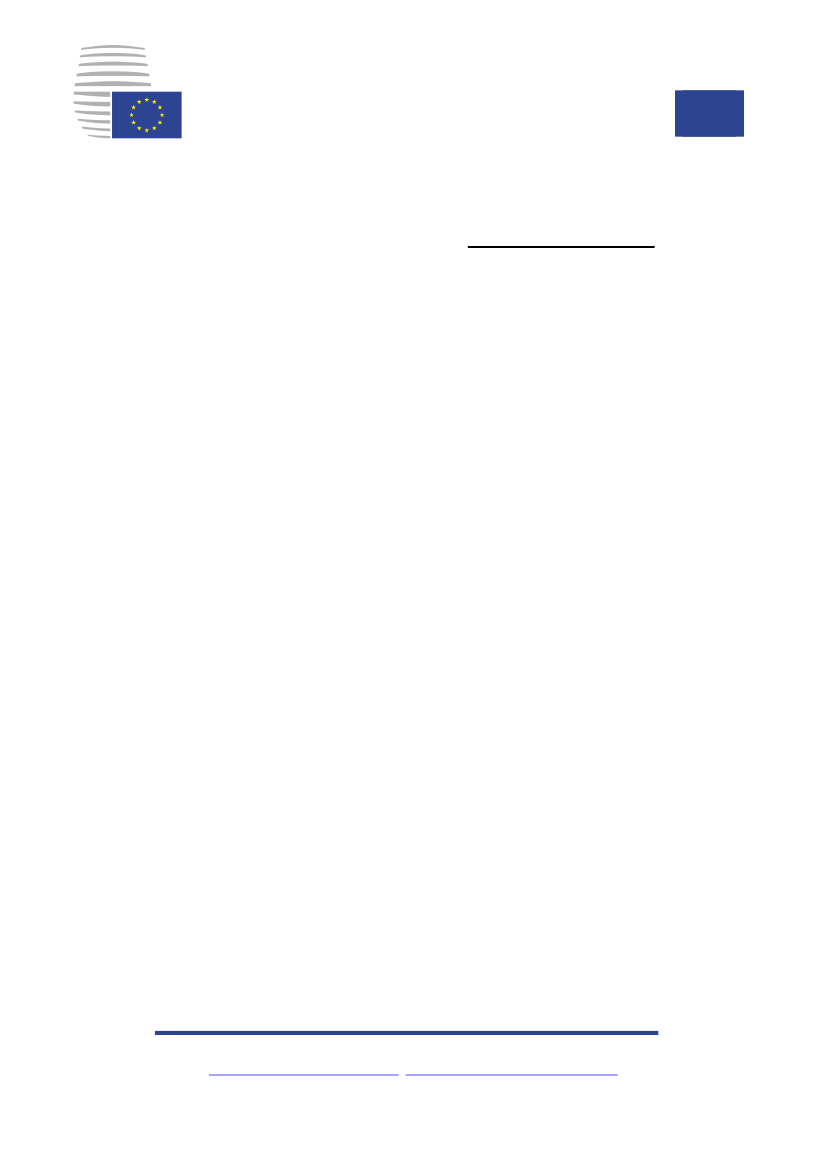
Council of the
European Union
14399/18
(OR. en)
PROVISIONAL VERSION
PRESSE 61
PR CO 61
EN
OUTCOME OF THE COUNCIL MEETING
3652nd Council meeting
Foreign Affairs
Brussels, 19 November 2018
President
Federica Mogherini
High Representative for Foreign Affairs and Security
Policy
PRESS
Rue de la Loi/Wetstraat 175 B
–
1048 BRUSSELS Tel.: +32 (0)2 281 6319 Fax: +32 (0)2 281 8026
[email protected] http://www.consilium.europa.eu/press
14399/18
1
EN